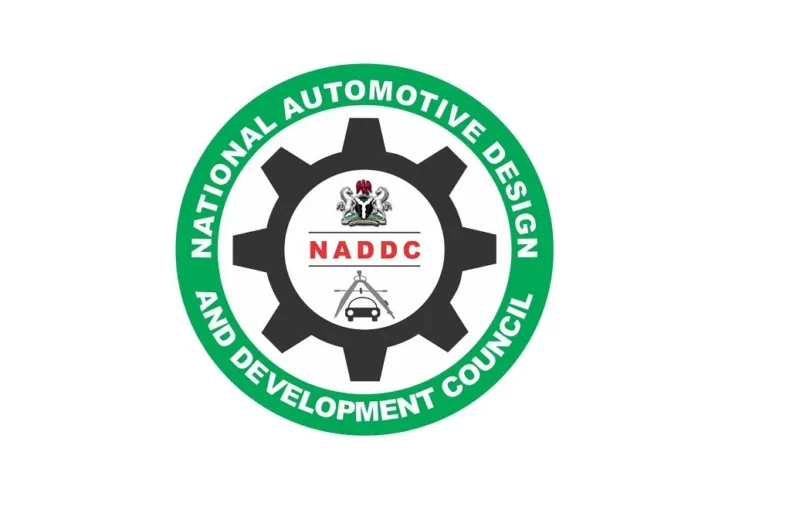Stakeholders have expressed optimism as the federal government ramps up support for local auto parts production.
Local parts production would actualise Nigeria’s goal of backward integration in the auto industry.
The development comes as Nigeria contends with foreign exchange shortages and rising import costs. The federal government is renewing efforts to deepen local manufacturing of auto components, a move aimed at saving billions in import bills and reviving the country’s struggling automotive industry.
The National Automotive Design and Development Council (NADDC) is leading the push, calling on assemblers, component manufacturers, and investors to scale up local production of key vehicle parts such as batteries, brake pads, filters, glass, and tyres.
According to the NADDC director-general, Joseph Osanipin, localising parts production is essential for Nigeria’s economic sustainability and industrial diversification. “Our goal is to assemble vehicles and build a truly Nigerian automotive value chain.
Every imported component represents a job lost and foreign exchange drained. By producing locally, we can keep value here, create employment, and build resilience against currency volatility,” said Osanipin.
Nigeria spends an estimated $7–8 billion annually importing vehicles and components, according to the National Bureau of Statistics (NBS). Analysts say that even modest parts localisation could slash the import bill by up to 30 per cent, while creating thousands of jobs in manufacturing, logistics, and raw material supply.
“Even getting to where we were in the 1970s and 1980s, when we assembled cars, trucks and manufactured component parts in this country, would bring some relief to the economy. That the Tinubu administration is making some effort to revive the local auto industry is a step in the right direction,” said a car importer in Lagos, Austin Akpochafor.
A financial economist at Auchi Polytechnic, Zakari Mohammed, expressed a similar opinion. Mohammed expressed confidence that the Tinubu administration will up the ante in the auto industry as he endeavours to diversify the Nigerian economy and grow it to $1 trillion by 2030.
Already, some Nigerian firms are showing potential. Companies such as Infinity Tyres, ASPIRA, and Ibeto Batteries are expanding production, while smaller outfits in Nnewi and Ibadan manufacture brake pads, filters, and other components.
Industry watchers say that if sustained, the current drive could lay the foundation for a robust automotive manufacturing ecosystem, positioning Nigeria as a regional hub for vehicle parts across West and Central Africa.
For smaller manufacturers, the shift offers a lifeline. A brake pad producer in Nnewi, Ifeanyi Muokhudo, said that Nigerian firms can rival imported components with targeted support. “We have the skills and machinery, but financing and energy costs make production expensive. If the government can provide steady power and tax reliefs, we can produce filters, plugs, and pads cheaper than imports,” Muokhudo said.
Industry experts, however, note that achieving this goal requires a strong policy framework and consistent government support.
A lecturer, Professor Oscar Odiboh, emphasised that policy stability and infrastructure are critical. “You can’t build a sustainable auto-parts ecosystem when power, logistics, and access to finance remain unreliable,” he said.
“Manufacturers need confidence that the rules won’t change midway.”He urged the government to revive the Automotive Industry Development Fund, designed initially to offer low-interest loans to component producers. “Local parts manufacturing is the backbone of any viable auto industry,” he said. “We have the capacity, but we lack affordable funding and long-term policy direction.”







